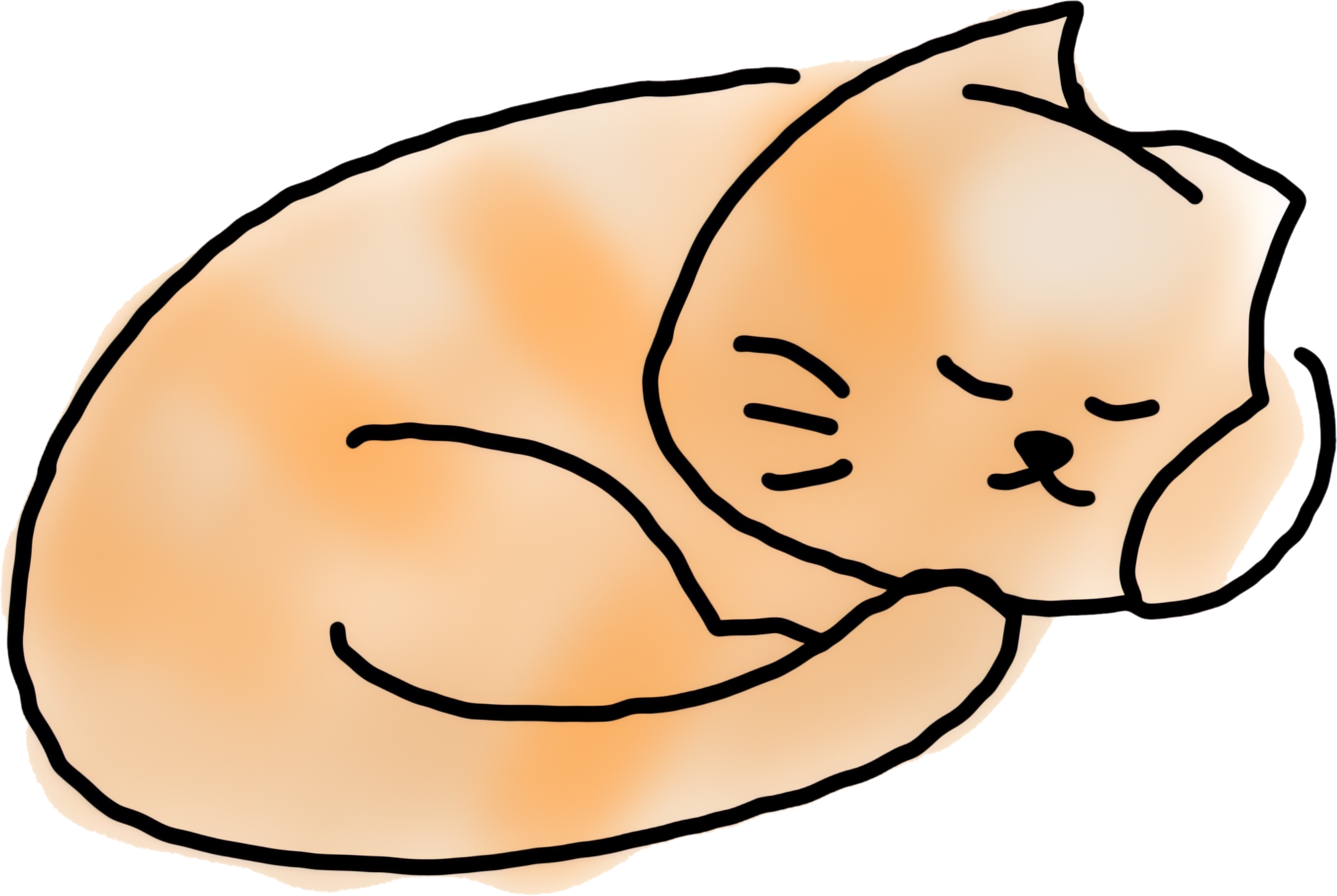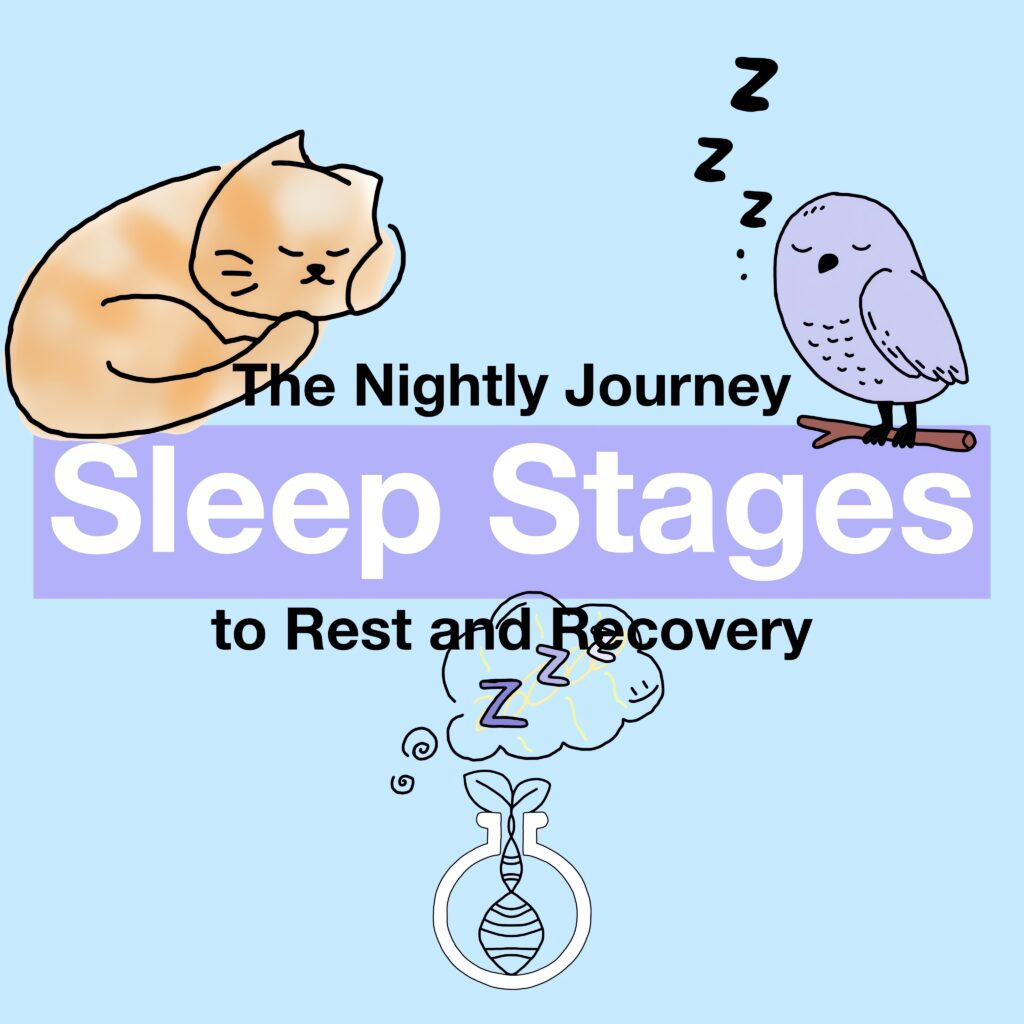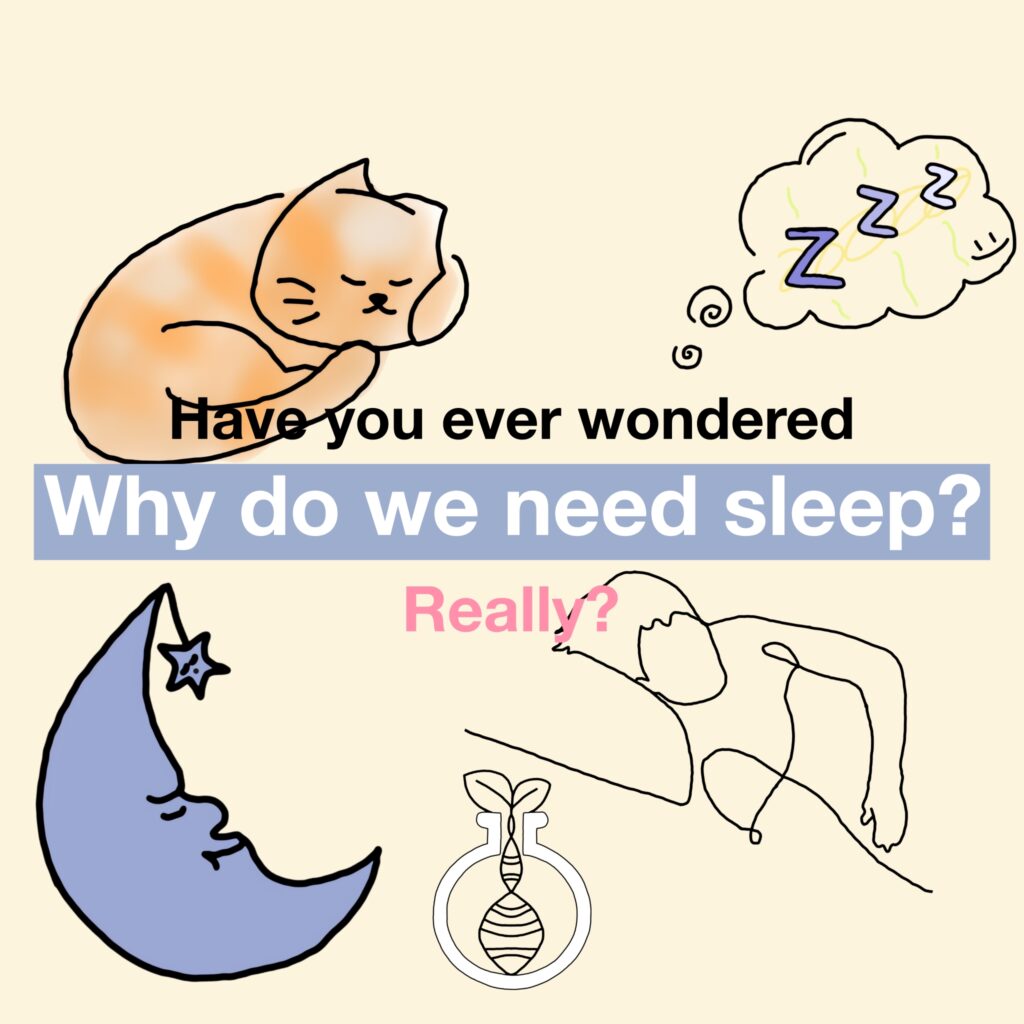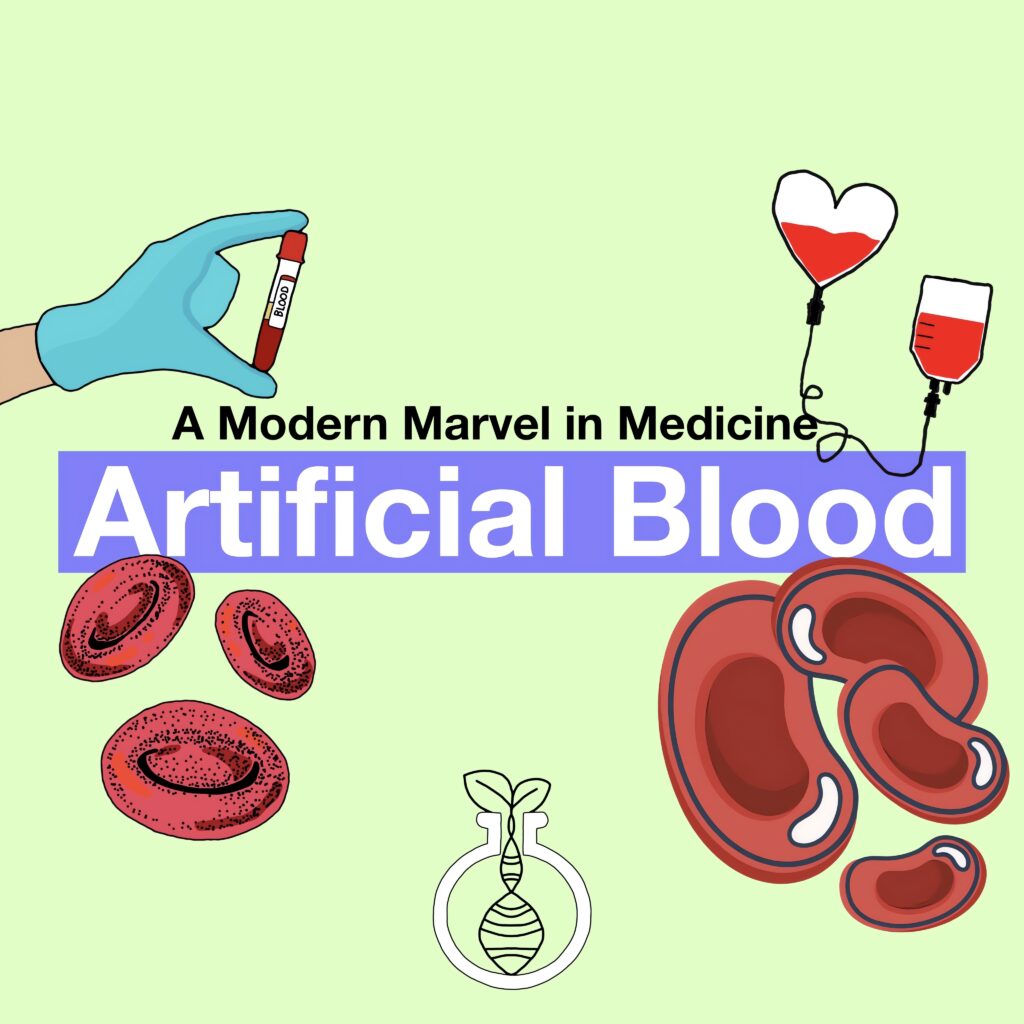Every night, when you close your eyes and drift off, your body and brain embark on a remarkable journey. It’s not just about shutting down—it’s a carefully orchestrated process of stages that play out like acts in a nightly performance. These sleep stages are the behind-the-scenes work that keep your mind sharp, your body healthy, and your energy ready for the day ahead. Let’s dive into the fascinating world of sleep and discover what really happens when we go to bed.

Stage 1: The Twilight Zone Between Wakefulness and Sleep
Think of Stage 1 as the moment when you’re on the edge of sleep, but not quite there yet. It’s like standing at the doorway of a dream. Your brain waves start to slow down, your muscles relax, and your breathing becomes more rhythmic. This stage is incredibly light—you could be easily woken by a noise or a tap on the shoulder.
Stage 1 usually lasts just a few minutes, but it’s an essential gateway that transitions you from being awake into the deeper realms of sleep. It’s like the warm-up before the main event, getting your body ready to recharge.
Stage 2: The Bridge to Deeper Sleep
Now you’re crossing into Stage 2, which makes up about half of your sleep cycle. This is where your body really begins to power down. Your heart rate slows, your body temperature drops, and your brain activity becomes more organized, though there are still brief bursts of activity (like quick sparks of thought) as your brain settles into a quieter rhythm.
Think of Stage 2 as the bridge between light sleep and the deeper, more restorative stages. It’s not deep enough for dreaming yet, but it’s critical for keeping your brain and body in balance. You’re resting, but your body is still quietly at work, preparing for what comes next.
Stage 3: Deep Sleep – The Body’s Repair Workshop
This is the stage where the magic really happens. In Stage 3, also known as deep sleep, your body goes into full restoration mode. It’s like a nightly tune-up for your muscles, bones, and immune system. Your brain produces slow, deep waves called delta waves, and your breathing and heartbeat become their slowest. This is when your body repairs tissues, strengthens your immune system, and builds energy for the day ahead.
Deep sleep is crucial for feeling refreshed and restored when you wake up. Without enough of it, you’re likely to feel groggy and sluggish the next day, even if you’ve been in bed for eight hours. It’s the stage that leaves you truly recharged, and as you age, you may get less of it, which is why it’s so important to prioritize good sleep habits.
Stage 4: REM Sleep – Where Dreams Take Flight
Finally, you enter the most exciting part of the sleep journey: REM sleep, or Rapid Eye Movement sleep. This stage is all about the brain, and it’s where your dreams come alive. During REM sleep, your brain becomes highly active, almost as if you were awake, but your body stays in a state of paralysis—your brain’s way of protecting you from acting out your dreams.
Your eyes dart back and forth beneath your eyelids (hence the name “rapid eye movement”), and vivid, often bizarre dreams play out in your mind. But REM sleep isn’t just about dreaming—it’s essential for cognitive functions like memory, learning, and emotional regulation. Your brain is processing and organizing everything you experienced during the day, sorting through memories, and filing away information.
REM sleep usually kicks in about 90 minutes after you first fall asleep and cycles throughout the night, growing longer each time you return to it. It’s like the grand finale of your sleep stages, where the mind and emotions are fine-tuned for the day ahead.

The Cycle Repeats: How Your Body Flows Through Sleep Stages
Throughout the night, you cycle through these sleep stages multiple times, each cycle lasting about 90 minutes. It’s like riding a wave that rises and falls, from light sleep to deep sleep and back to REM, again and again. Early in the night, you spend more time in deep sleep (Stage 3), which helps restore your body, while later in the night, you spend more time in REM sleep, which sharpens your mind and supports emotional health.
This ebb and flow is your body’s natural way of ensuring you get the physical and mental rejuvenation you need. Disruptions to this cycle—whether from waking up in the middle of the night, poor sleep habits, or not getting enough rest—can leave you feeling tired, unfocused, or emotionally off-balance.
Why All Sleep Stages Matter
Each stage of sleep serves a unique purpose. Stage 1 and 2 help ease you into deeper sleep while prepping your body for full relaxation. Stage 3 is where your physical body gets the rest it needs, while REM sleep takes care of your brain and emotions. Missing out on any one stage can affect your overall sleep quality and how you feel the next day.
Getting enough sleep isn’t just about the number of hours you’re in bed; it’s about moving smoothly through these stages, allowing your body and mind to fully recharge. This is why good sleep hygiene—consistent sleep schedules, a calming bedtime routine, and creating an environment conducive to sleep—is key to hitting all the right notes in your nightly journey.

Conclusion: The Symphony of Sleep
Every night, your body follows a beautiful rhythm, transitioning from light rest to deep recovery and into dream-filled REM. These stages work together like instruments in a symphony, each playing its part to ensure you wake up refreshed, energized, and ready to take on the day.
By understanding the stages of sleep and how they affect your health, you can make better choices to support your sleep cycle—because sleep is not just about shutting down; it’s about healing, learning, and growing, all while you’re comfortably unaware. So tonight, as you lay down to sleep, remember: your body is about to embark on one of its most essential—and fascinating—journeys.


My name is Ali Emre Cabadak, a dedicated biology enthusiast currently pursuing my studies at Marmara University, where I am majoring in Bioengineering. As a passionate advocate for scientific discovery and innovation, I am the founder of Biologyto. My goal is to bring the wonders of biology closer to everyone and inspire a new generation of thinkers and innovators. Through Biologyto, I aim to write scientific articles that delve into the fascinating world of biology, sharing insights and discoveries that inspire curiosity and innovation.






Pingback: Dream Visualization: Your Brain Is A Movie Director
Pingback: Why do we need sleep? Biology of Sleep
Pingback: Biology News of the Week